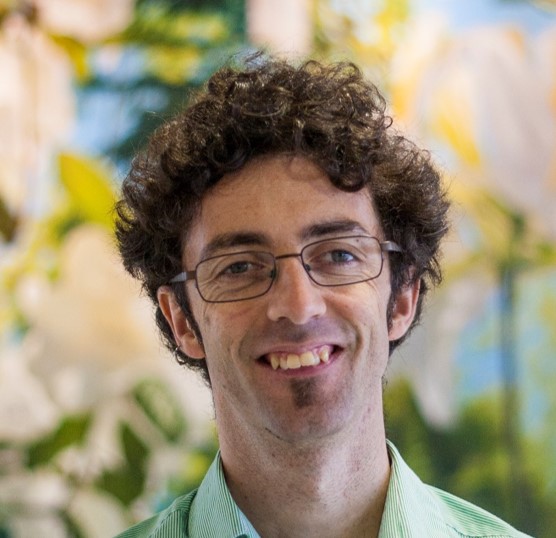Professor Marco Demaria, Keynote Speaker
 Marco Demaria leads the Cellular Senescence and Age-related Pathologies Laboratory at the University of Groningen and the European Institute for the Biology of Aging (ERIBA).
Marco Demaria leads the Cellular Senescence and Age-related Pathologies Laboratory at the University of Groningen and the European Institute for the Biology of Aging (ERIBA).
“We are at the starting point of something crucial, where we are anchoring the field of aging research in human treatment. This is a unique point in the history of medicine. And we need to do it right.”
Professor Marco Demaria, leader of the Cellular Senescence and Age-related Pathologies Laboratory at the University of Groningen and the European Institute for the Biology of Aging (ERIBA), will be kicking off the day in the network with a keynote presentation on his research studying senescence – the process of how and why cells age.
“We are realizing more and more that senescence is a complicated and heterogenous mechanism. That there is no such thing as a single type of senescence, but many flavours of senescence. So, understanding its heterogeneity is important not only as a basic mechanism, but also in terms of clinical applications and therapeutic targeting,” says Marco Demaria.
Therefore, his keynote presentation will describe senescence in general, in the context of aging, and its importance especially in age-related diseases.
“By studying the heterogeneity of senescence, we will get a better understanding of the phenotype, and how therapies can be tailored to different subtypes of it,” he explains.
Before leading the lab at the University of Groningen and ERIBA, Marco Demaria was educated at the University of Torino and the Buck Institute for Research in Aging, starting with a primary focus on cancer cells that has since shifted into a focus on cellular senescence.
Different perspectives are crucial for the field
At this unique point in the history of medicine, Marco Demaria underscores that it is more important than ever to bring together a variety of fields. And that colleagues from different fields of aging research are something that he actively seeks to engage with.
“It is so unfortunate that there sometimes exists this disconnect between basic scientists, translational scientists, and the clinicians. When something fails, and there is a disconnect between fields, we never really get to learn from that failure on the larger scale,” he says. “Especially now, when we are expanding human treatment, we need to maintain a connection between research fields to understand how our interventions really work and to move our field in the right direction.”
Working together across interests, fields, universities and even countries, and using that collegiality to ensure that future aging treatments and interventions are solid from both a basic and clinical perspective is one of the key takeaways, that Marco hopes the audience will get from his speech. And that there is a need to continue the momentum that aging research currently has.
“Having an interdisciplinary aging center, and now building a network that is more nationwide to extend aging studies, and putting people together from a variety of fields, is a great endeavour. I hope there will be funding to do projects together. I would really like to not just come and talk, but really learn from the people there and try to be engaged in what the efforts are now.”
